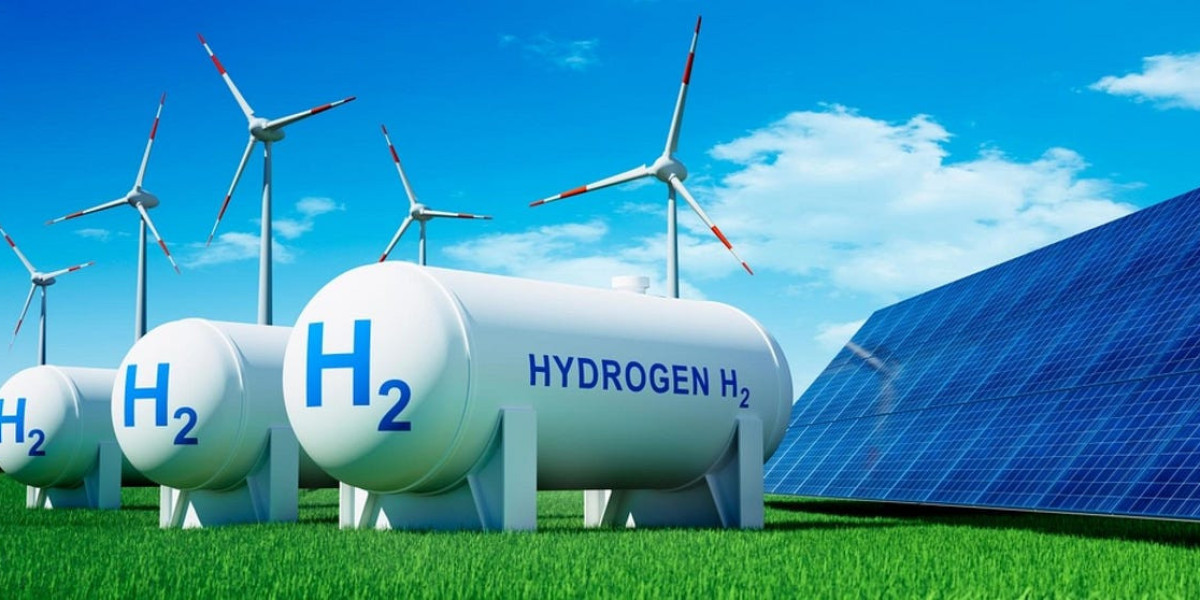Hydrogen has long been recognized as a promising energy carrier, and as the world transitions towards greener energy solutions, hydrogen generation is becoming a key focus. Hydrogen is abundant, efficient, and, when used in fuel cells, produces only water vapor as a byproduct—making it a clean alternative to fossil fuels. But how is hydrogen generated, and what technologies are driving its rise?
Methods of Hydrogen Generation
There are several methods to produce hydrogen, each with its own advantages and challenges:
Steam Methane Reforming (SMR): Currently, the most common method, SMR involves extracting hydrogen from natural gas. However, it emits significant amounts of CO2, making it less desirable in the context of global decarbonization goals.
Electrolysis: This method uses electricity to split water into hydrogen and oxygen. When powered by renewable sources like wind or solar, electrolysis produces "green hydrogen," which is considered the most sustainable form of hydrogen. The challenge with electrolysis is its high energy requirement and cost, but advancements are being made to make it more efficient.
Coal Gasification: Hydrogen can also be extracted from coal through a process known as gasification. However, this method is less common due to its high environmental impact and the growing shift toward cleaner energy solutions.
Biomass Gasification: This process uses organic materials, like agricultural waste, to produce hydrogen. It’s a more sustainable option than coal gasification but is still in the developmental stages.
The Future of Hydrogen Generation
With the world focusing on decarbonizing industries like transportation, manufacturing, and power generation, hydrogen is gaining traction as a key solution. Green hydrogen, in particular, holds great promise as a clean fuel for sectors where electrification is challenging, such as heavy-duty transport and high-heat industrial processes.
The future of hydrogen generation depends on technological breakthroughs that lower costs and improve efficiency. As countries and companies invest in these technologies, hydrogen could play a pivotal role in the energy transition, contributing to a more sustainable and low-carbon future.







